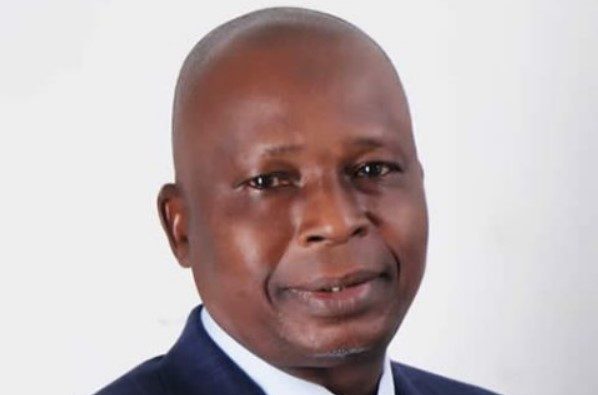‘Traffickers now using digital platforms,’ FG alerts Nigerians |

The Federal Government has raised the alarm that human traffickers now use digital platforms to trap and exploit victims.
The Attorney-General of the Federation and Minister of Justice, Lateef Fagbemi (SAN), gave the warning during an event in Abuja on Wednesday.
He was speaking at the 27th National Stakeholders’ Consultative Forum on Human Trafficking held in Abuja.
Fagbemi described the situation as a fast-evolving and borderless threat that demands urgent action.
“Trafficking has gone digital. We must act fast or risk being outpaced by criminals who now use sophisticated online tools to recruit, control, and exploit victims,” he said.
Fagbemi pointed out that human trafficking is now the third most profitable criminal activity in the world, after drug and arms trafficking.
He called for stronger laws, better institutions, and smarter technology to tackle it.
He added that reviewing the National Action Plan was a chance to boost Nigeria’s response to trafficking.
“Human trafficking remains one of the world’s most profitable crimes. We must adapt, especially as traffickers now exploit digital tools to operate,” he stated.
He, however, assured that the government would continue to work with the National Agency for the Prohibition of Trafficking in Persons and other partners.
“Let me assure you that we will continue to work closely with NAPTIP and other partners to ensure that the legal and institutional frameworks for tackling trafficking remain dynamic, responsive, and effective.
“The fight against human trafficking is not just about statistics or targets. It is about human dignity, freedom, justice, and national integrity,” he added.
The AGF also urged all state commissioners for Women Affairs to push for policies that fight human trafficking.
He asked them to support budgets and programmes that would help prevent and respond to trafficking and exploitation.
He also suggested setting up a specific budget line for state task forces to make their efforts stronger and more structured.
Meanwhile, the Director-General of NAPTIP, Binta Bello, said more than 7,000 victims of trafficking were rescued and rehabilitated between 2022 and 2024.
Bello added that 205 traffickers were convicted within the same period and that over 208 Anti-TIP and Violence Against Persons Prohibition clubs had been set up in schools across the country.
According to her, NAPTIP is also using technology to improve how it collects and reports data on trafficking cases.
This effort, she said, is supported by the United Nations Office on Drugs and Crime and the Swiss government.
She said other achievements include the reactivation of the gender-based violence data platform, the creation of a digital centre in Katsina with help from NITDA, the renovation of the Lagos Zonal Command, and support from donors like the EU, Netherlands, and ECOWAS.
“Our fight has moved online, and so has our response,” she said, stressing NAPTIP’s dedication to professionalism, transparency, and integrity.
Post Views: 17






